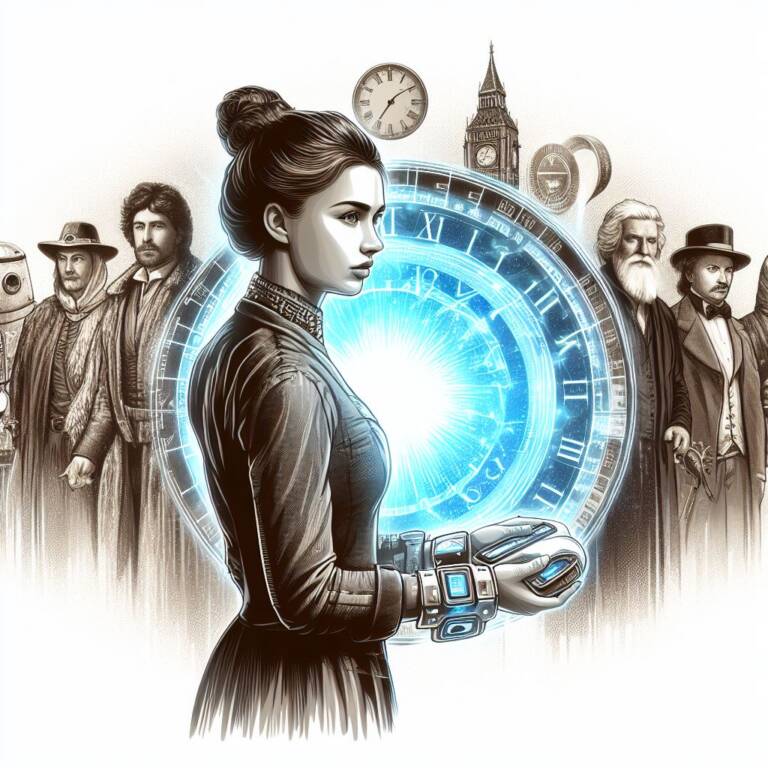Using quantum mechanics to predict the effects of time travel. Here are the results of an Oxford research

A team of researchers from the University of Cambridge have shown they can simulate what would happen if you could travel back in time by playing with quantum entanglement, a central concept in quantum mechanics that allows particles to be intrinsically connected.
Quantum entanglement is a fundamental and intriguing phenomenon in quantum mechanics. It occurs when two or more particles become correlated such that the state of one particle cannot be described independently of the state of the other(s), even when they are separated by large distances. This means that the properties of one particle, such as its spin or polarization, depend on the properties of the other particle(s).
Quantum particles exist in a superposition of possible states. This means that until a measurement is made, each particle has no defined value for its properties. Instead, it has a probability distribution of possible values, and here we fall into “ Schroedinger's Uncertainty Principle”.
Thanks to the fact that two particles can continue to interact even when separated, quantum physics offers a unique solution for time travel.
Co-author Nicole Yunger Halpern, a researcher at the National Institute of Standards and Technology (NIST) and the University of Maryland, explained that what scientists are proposing is the entanglement of two particles. The change in state of the first particle modifies the state of the second particle, even if, instead of space, we consider the two particles separated by time
The first particle is the one used in an experiment. It subsequently acquires new information that leads the experimenter to manipulate the second particle to actually change the past state of the first particle. This process changes the outcome of the experiment, connecting the past to the present.
The theorists then connected quantum metrology to their model to make it relevant to the technology. A common quantum metrology experiment involves projecting photons onto an object of interest and then recording them with a unique type of camera. The photons must be specifically prepared before reaching the sample for this experiment to be effective. Scientists have shown that even if they discover the optimal way to prepare photons after they have already reached the sample, they can still use time travel simulations to modify the original photons.
“We are not proposing a time machine, but rather a deepening of the fundamentals of quantum mechanics. These simulations don't allow you to go back and change your past, but they allow you to create a better future by correcting yesterday's problems today,” said Arvidsson-Shukur. So their model is not used for time travel, but for predicting what would happen to matter in the case of time travel. Which, by the way, is already a lot.

Thanks to our Telegram channel you can stay updated on the publication of new Economic Scenarios articles.
The article Using quantum mechanics to predict the effects of time travel. Here are the results of Oxford research from Economic Scenarios .
This is a machine translation of a post published on Scenari Economici at the URL https://scenarieconomici.it/usare-la-meccanica-quantistica-per-prevedere-gli-effetti-del-viaggio-nel-tempo-ecco-i-risultati-di-una-ricerca-di-oxford/ on Sun, 15 Oct 2023 08:30:22 +0000.
